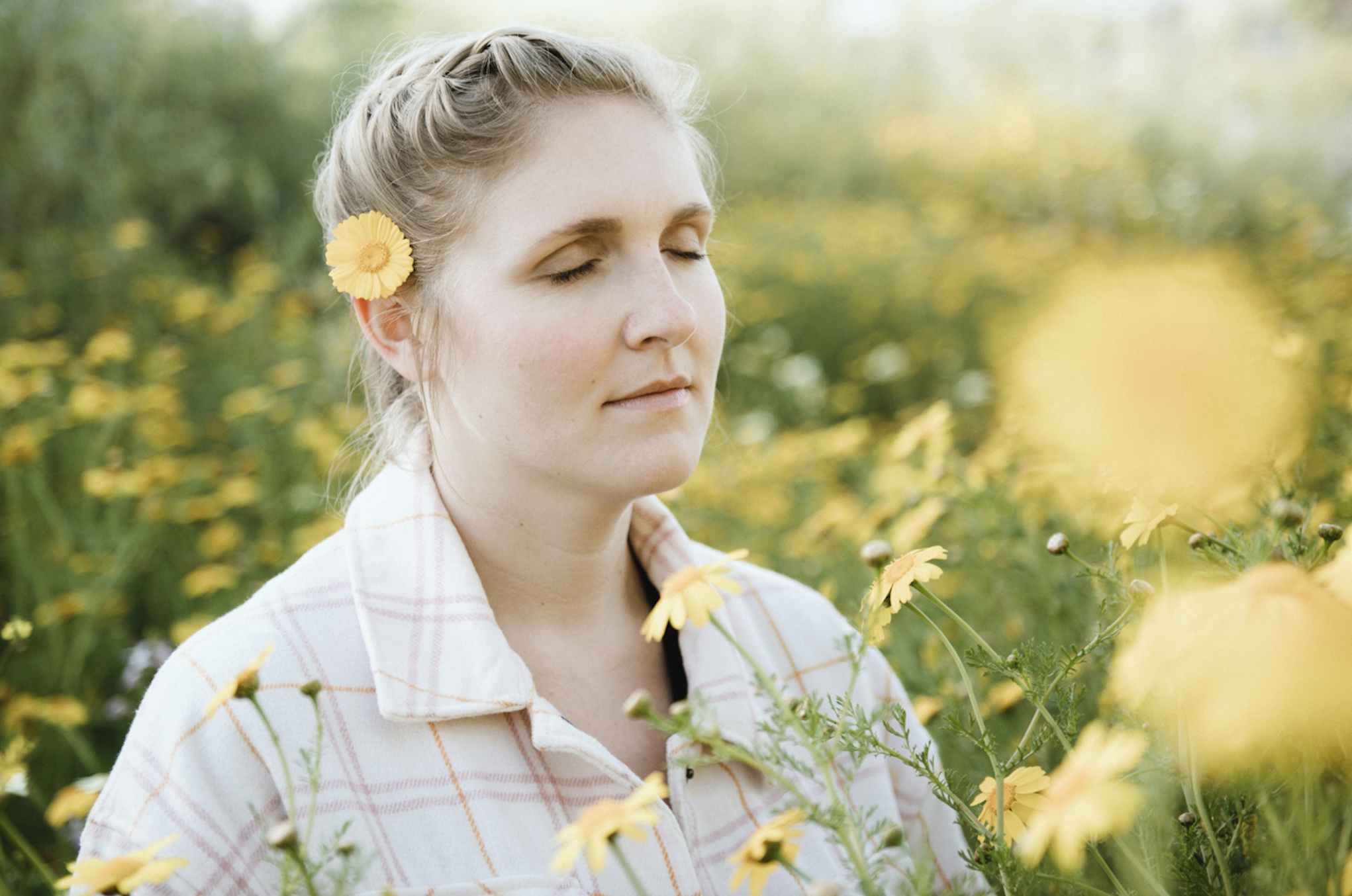Life after a wrongful death is a challenging and deeply personal journey. Grieving families must navigate emotions, legal complexities, and the process of rebuilding their lives. However, amidst the darkness, there is hope.
Losing a loved one is never easy, and when that loss is sudden and unexpected, the pain can feel insurmountable. When a death is the result of someone else’s negligence or wrongdoing, it is not just a personal tragedy but a wrongful death. For families grappling with this reality, the path forward may seem uncertain and frightening.
Navigating life after a wrongful death requires immense strength and resilience. It involves dealing with emotional turmoil while simultaneously grappling with legal complexities. But amidst the darkness, there is hope. This blog post offers guidance to grieving families, providing insights into how they can find solace and rebuild their lives.
Understanding Wrongful Death
Wrongful death is a legal term that refers to a death caused by the negligence or misconduct of another person or entity. It is different from natural causes or accidents where no one is at fault. Examples include medical malpractice, car accidents due to reckless driving, or deaths resulting from defective products.
For grieving families, understanding the concept of wrongful death is crucial. It is not merely about assigning blame—it is about acknowledging that the death could have been prevented. This realization often becomes a pivotal point in the grieving process, leading families to seek justice for their loved ones.
The legal system provides a framework for pursuing wrongful death claims. These claims are typically filed by surviving family members who have suffered emotional and financial losses due to the death. Understanding this aspect allows families to make informed decisions about the steps they wish to take.
Learning the Initial Stages of Grief
The loss of a loved one triggers a profound emotional response known as grief. The initial stages of grief can be overwhelming, characterized by shock, denial, and intense sadness. These emotions are entirely normal reactions to a devastating loss.
For families dealing with wrongful death, the initial shock may be compounded by feelings of anger and injustice. It is important to acknowledge these emotions and permit oneself to grieve without judgment. Finding support from friends, family, or grief counselors can be invaluable during this time.
Understanding that grief is a unique and personal experience is essential. There is no right or wrong way to grieve, and each individual’s process will differ. Allowing space for emotions and seeking comfort from those who understand the pain can help families gradually come to terms with the loss.
Seeking Legal Guidance
In the aftermath of a wrongful death, navigating the legal complexities can be daunting. However, seeking justice through legal avenues can provide families with a sense of closure and accountability. Engaging with an experienced wrongful death attorney like Hoines Law Office, P.C., is a crucial first step.
An attorney specializing in wrongful death cases can offer guidance on the legal process, explain the rights of the surviving family members, and evaluate the potential for compensation. Having a knowledgeable advocate can alleviate some of the burdens families face during an already challenging time.
Legal proceedings may seem overwhelming, but they are an opportunity to seek answers and hold responsible parties accountable. Families should feel empowered to ask questions and stay informed about the progress of their case.
Coping With Emotional Turmoil
The emotional turmoil following a wrongful death can seem insurmountable. Anguish, guilt, and helplessness are common emotions experienced by grieving families. While these feelings are natural, finding healthy coping mechanisms is vital for healing.
Engaging in open and honest communication with loved ones can provide a strong support network. Sharing thoughts and feelings allows family members to connect and find solace in shared experiences. Additionally, seeking professional counseling or therapy can be beneficial for those struggling to cope.
Self-care is essential during this period of immense emotional strain. Taking time to nurture physical and mental well-being, whether through exercise, meditation, or creative outlets, can provide a sense of relief and rejuvenation. Remembering to be kind to oneself and allowing for moments of rest is crucial on the path to healing.
Relying on Support Networks
Building a support network is a critical aspect of navigating life after a wrongful death. Surrounding oneself with compassionate individuals who understand and empathize with the pain can make a significant difference in the healing process.
Family and friends play a pivotal role in providing emotional support. Leaning on them during moments of vulnerability can alleviate feelings of isolation and loneliness. Additionally, connecting with support groups or community organizations that focus on grief can offer a sense of belonging and understanding.
For many, faith or spiritual communities provide comfort and solace. Engaging with these communities can offer a sense of perspective and meaning, helping families find hope even in the darkest times.
Finding Purpose Amidst Grief
While the pain of a wrongful death may never fully dissipate, finding purpose amidst grief can bring healing and hope. Many families choose to honor their loved ones by channeling their energy into positive actions and initiatives.
Creating a legacy, whether through charitable work, advocacy, or establishing memorials, can provide a sense of fulfillment. These efforts can serve as a tribute to the deceased, ensuring that their memory lives on in meaningful ways.
Finding purpose does not mean forgetting or moving on—it is about transforming the pain into something constructive. This process allows families to reclaim a sense of control and empowerment in the face of tragedy.
Rebuilding Life After Loss
Rebuilding life after the loss of a loved one requires patience and resilience. It is a gradual process that involves adapting to a new reality while holding onto cherished memories. Families may find themselves redefining roles and routines as they adjust to the absence.
Setting small, achievable goals can provide a sense of accomplishment and momentum. Celebrating even the smallest victories can help families regain a sense of normalcy and progress on their healing journey.
Support from mental health professionals can be invaluable during this phase. Therapists can guide individuals in processing emotions, addressing unresolved grief, and building coping strategies for the future.
Nurturing Relationships Through Healing
The strain of a wrongful death can impact relationships within a family. Each member may grieve differently, leading to misunderstandings or conflicts. However, nurturing these relationships is essential for collective healing.
Open communication is key to fostering understanding and empathy among family members. Regular check-ins, honest conversations, and active listening can strengthen bonds and create a supportive environment.
Finding ways to remember and celebrate the life of the deceased together can also be a unifying experience. Whether through shared rituals, storytelling, or commemorative events, these acts of remembrance can reinforce a sense of togetherness.
Seeking Professional Help
Navigating life after a wrongful death can be a complex and multifaceted process. Seeking professional help from therapists, grief counselors, or support groups can provide families with the tools and guidance needed for healing.

Therapy offers a safe space for individuals to explore their emotions, address unresolved issues, and develop coping strategies. Grief counselors specialize in helping families through the challenges of loss, offering tailored support for each unique situation.
Support groups provide a sense of community and understanding, allowing individuals to connect with others who have experienced similar losses. Sharing experiences and learning from others can be a source of strength and solidarity.
Practicing Self-Compassion
Self-compassion is a crucial aspect of healing after a wrongful death. It involves treating oneself with kindness and understanding, allowing room for mistakes and imperfections during the grieving process.
Grief can bring about feelings of guilt or self-blame, but practicing self-compassion helps individuals recognize that these emotions are part of the healing journey. Treating oneself with the same compassion offered to others fosters a sense of inner peace and acceptance.
Engaging in activities that bring joy and fulfillment can further nurture self-compassion. Whether through creative pursuits, hobbies, or self-care rituals, these acts of kindness toward oneself can aid in the path to recovery.
Finding Hope and Resilience
While the pain of a wrongful death may never fully fade, finding hope and resilience is possible. It is about finding a balance between honoring the past and looking forward to the future.
Hope can be found in small moments of joy, the support of loved ones, and the knowledge that healing is a continuous process. Resilience is built through facing adversity and discovering the inner strength to move forward.
Families are encouraged to allow themselves to grieve, heal, and grow at their own pace. Finding hope and resilience is a personal and individual journey, and every step taken is a testament to the enduring love for their lost loved one.
Life after a wrongful death is a challenging and deeply personal journey. Grieving families must navigate emotions, legal complexities, and the process of rebuilding their lives. However, amidst the darkness, there is hope.
While the path may be difficult, families can find hope and resilience by honoring their loved one’s memory and allowing themselves to heal. With time, support, and self-compassion, they can emerge stronger and find light even in the shadow of loss.


Join the conversation!